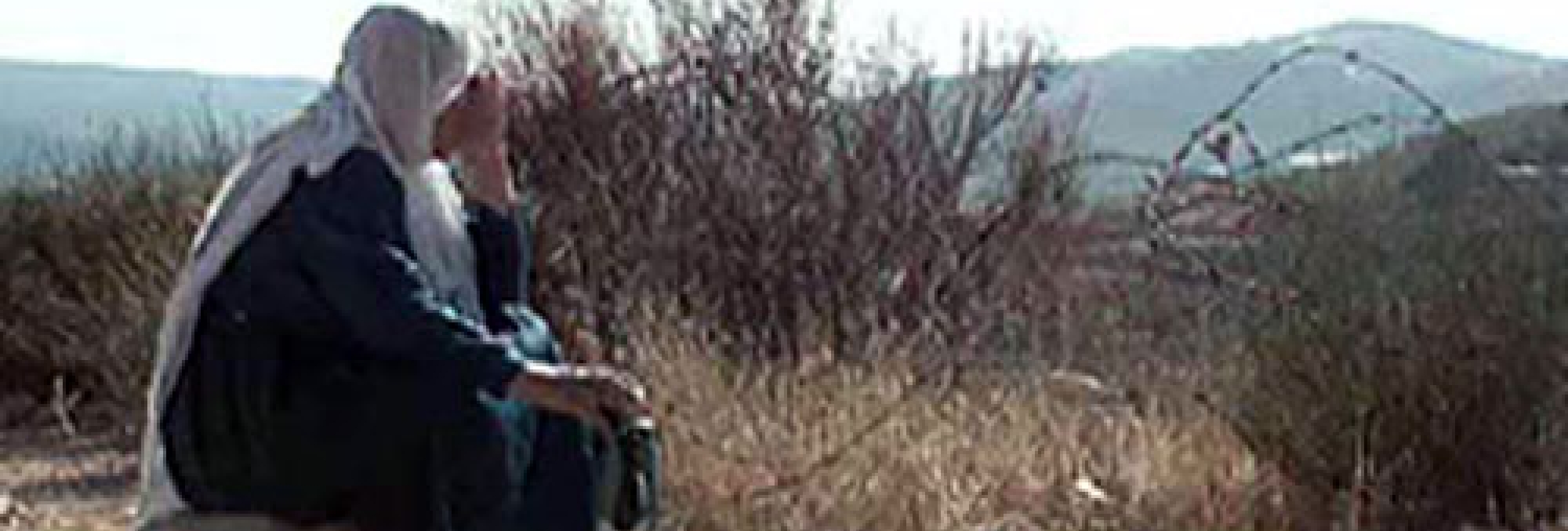
Synopsis
In an hour-long report for the French television, the Syrian film director Omar Amiralay showed in his film, The Smell of Paradise (1982), the situation in which Palestinians lived in 1982, including the invasion and siege of Beirut, the exit of the Palestine Liberation Organization from Beirut, as well as the Sabra and Shatila massacre, committed there. It shows Palestinian families in the camps as well as Lebanese citizens and politicians giving their testimonies to these events. The film ends with Yasser Arafat talking about the Palestinian resistance, from which the title of the report (which takes a form similar to that of a documentary), was taken.
Born in Damascus in 1944 to the son of a high-ranking officer in the Ottoman military and a Lebanese mother, Omar Amiralay headed to Paris in 1965 to pursue his studies in drama and theater but gradually began to lean towards cinema. When the 1968 student revolt erupted, Amiralay joined the crowds of protesters and began to film. His fate was sealed; he began to make documentary films. He returned to Damascus, eager to instigate a new documentary cinema. His films had a critical vein. Amiralay’s new approach to documentary filmmaking gradually became recognized in the Arab world and Europe. His films earned a number of awards worldwide and his cinema has become an example for generations of documentary filmmakers in the Arab world. Amiralay was also a driving force in the establishment of the Arab Film Institute (2005-2008), a novel venture in the Arab world. Omar Amiralay died in February 2011.